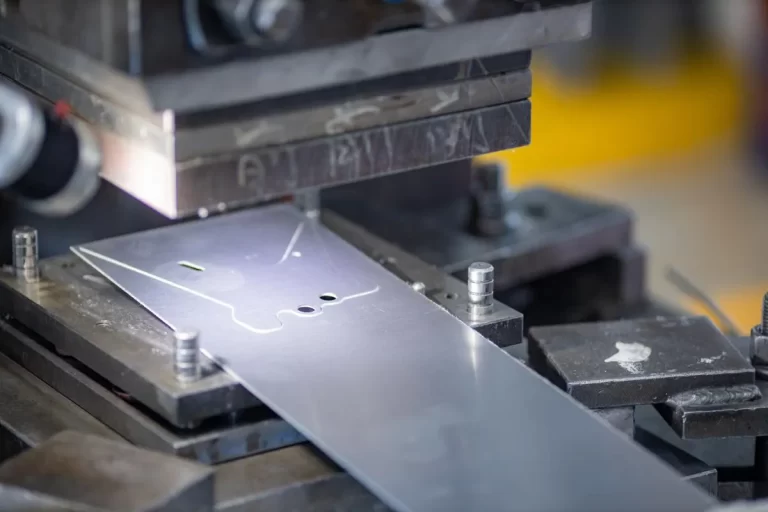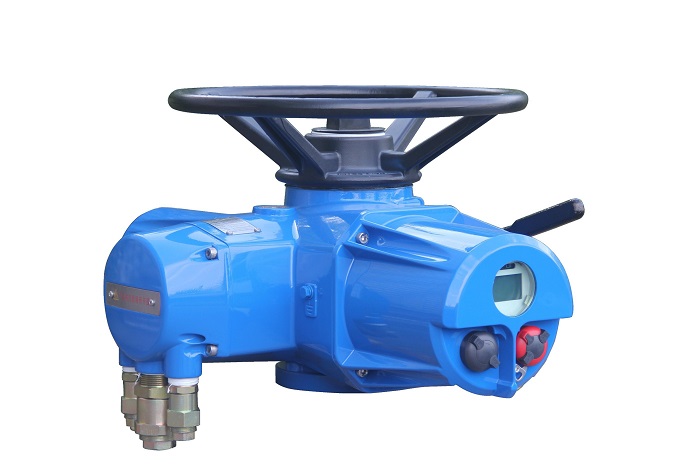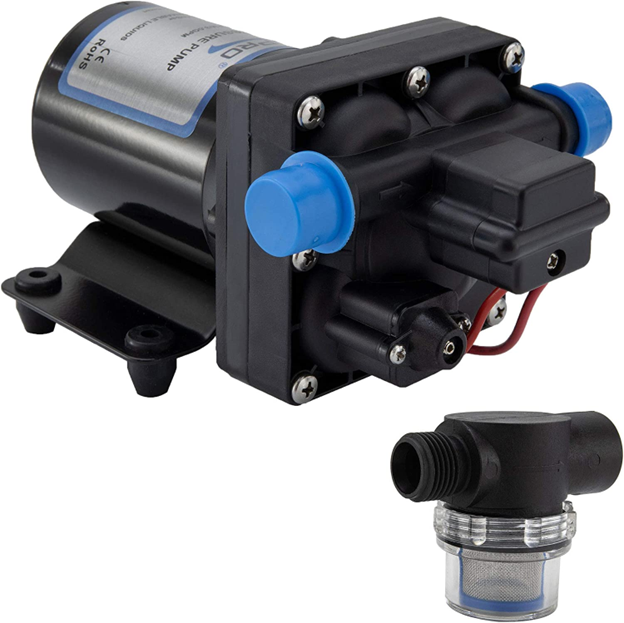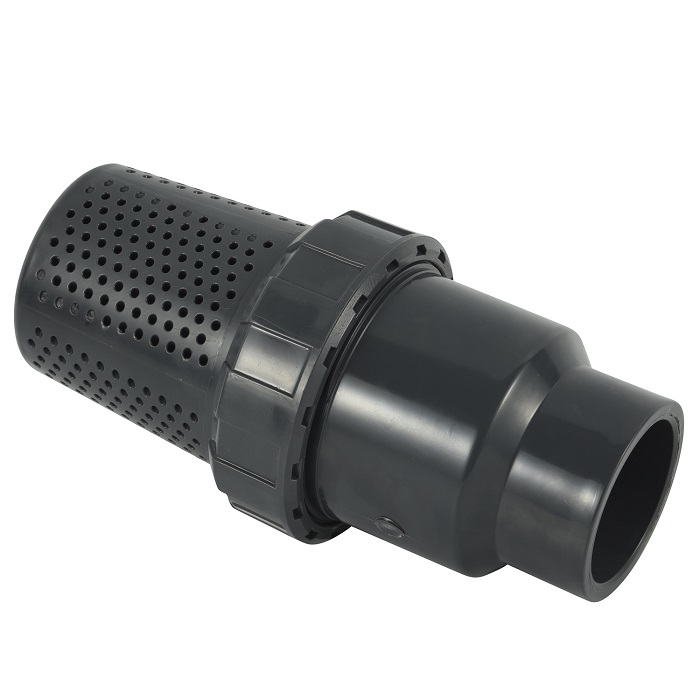The Essential Role of Bearings in Mechanical Systems
Bearings are key components in mechanical systems, designed to minimize friction and enable smooth motion. They are crucial in many industries, from automotive and aerospace to manufacturing. This article provides an overview of the different types of bearings, their functions, and the importance of maintaining them, especially in relation to projects involving PVC geomembranes.
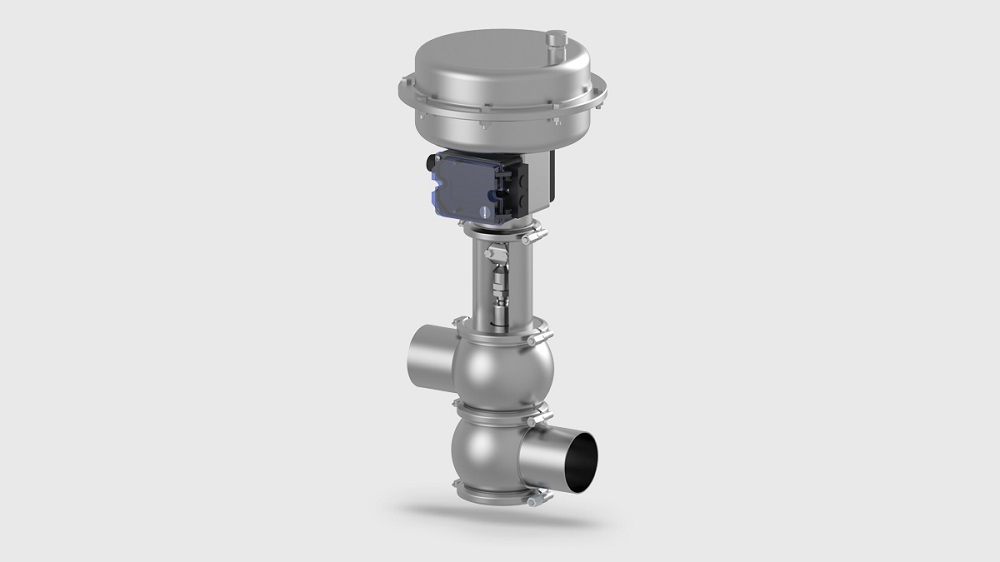
Types of Bearings and Their Applications
There are several types of bearings, each tailored for specific uses:
- Ball Bearings: Commonly used to handle both radial and axial loads, these bearings are versatile and found in everything from household appliances to industrial machinery.
- Roller Bearings: With their cylindrical rollers, these bearings are ideal for heavy-duty applications like conveyor belts and other heavy machinery.
- Thrust Bearings: Designed for axial loads, these bearings are often used in automotive gearboxes.
- Tapered Bearings: Suitable for handling both radial and axial loads, tapered bearings are commonly found in vehicle wheels and heavy equipment.
Selecting the right type of bearing depends on various factors such as load type, speed, and operating environment.
How Bearings Work
Bearings reduce friction between moving parts, enabling smoother and more efficient movement. They consist of an inner ring, an outer ring, and rolling elements (balls or rollers) that help facilitate motion while minimizing wear and tear.
A cage or retainer keeps the rolling elements evenly spaced, and lubrication is vital to prevent friction, corrosion, and wear.
Why Is Maintenance of Bearings Important?
Proper maintenance of bearings is essential for the longevity and reliability of machinery. Neglecting maintenance can lead to excessive friction, wear, and potential machine failure. Key maintenance practices include:
- Regular Inspections: Check bearings frequently for signs of wear, noise, and vibration.
- Adequate Lubrication: Use the correct lubricant to minimize friction and prevent overheating.
- Maintain Cleanliness: Keep the area around bearings clean to avoid contamination.
- Timely Replacement: Replace damaged bearings promptly to avoid further damage.
Impact of Bearings on PVC Geomembrane Projects
Bearings indirectly affect PVC geomembrane projects by ensuring the smooth operation of machinery used for installation. Equipment such as bulldozers, rollers, and excavators relies on well-maintained bearings to function effectively, which is crucial for tasks like site preparation and geomembrane placement.
By maintaining these bearings, you help ensure that the machinery needed for such projects operates smoothly and reliably.
Bearings play a critical role in reducing friction and enabling motion in mechanical systems. While they do not directly interact with PVC geomembranes, they are vital for the equipment used, making them essential for various industrial applications.
